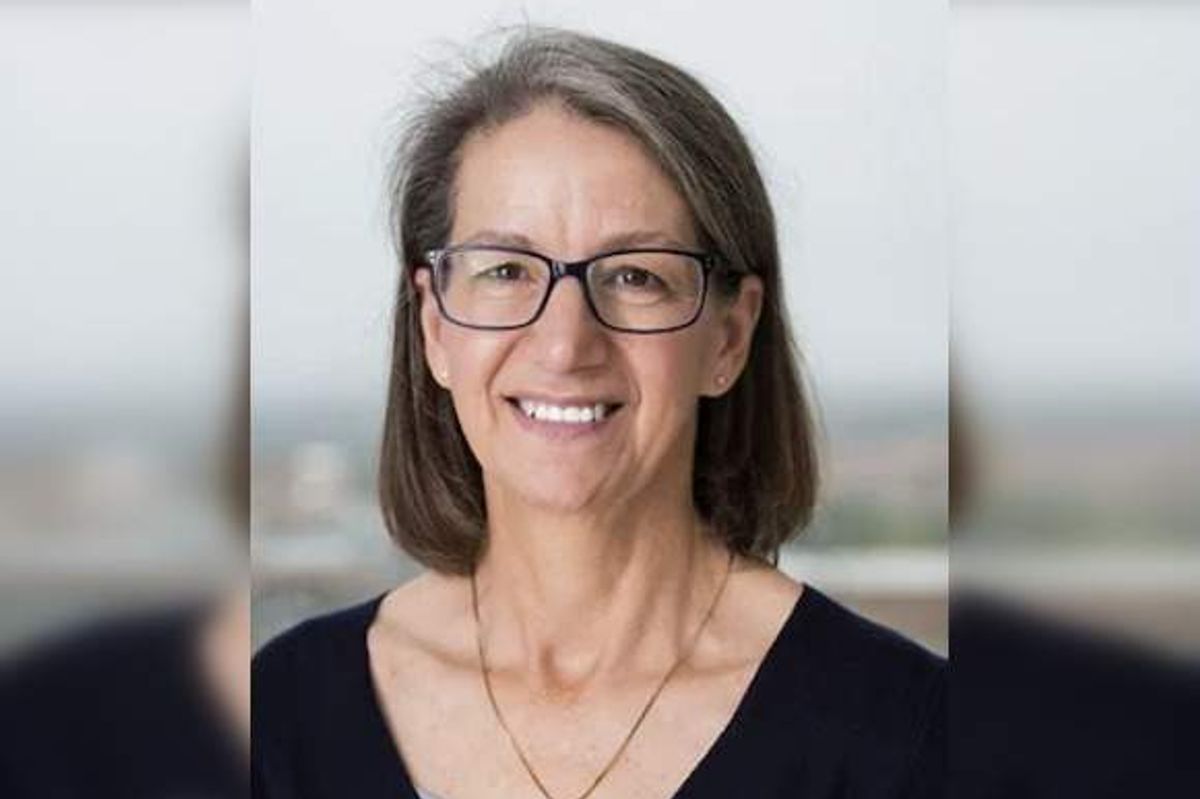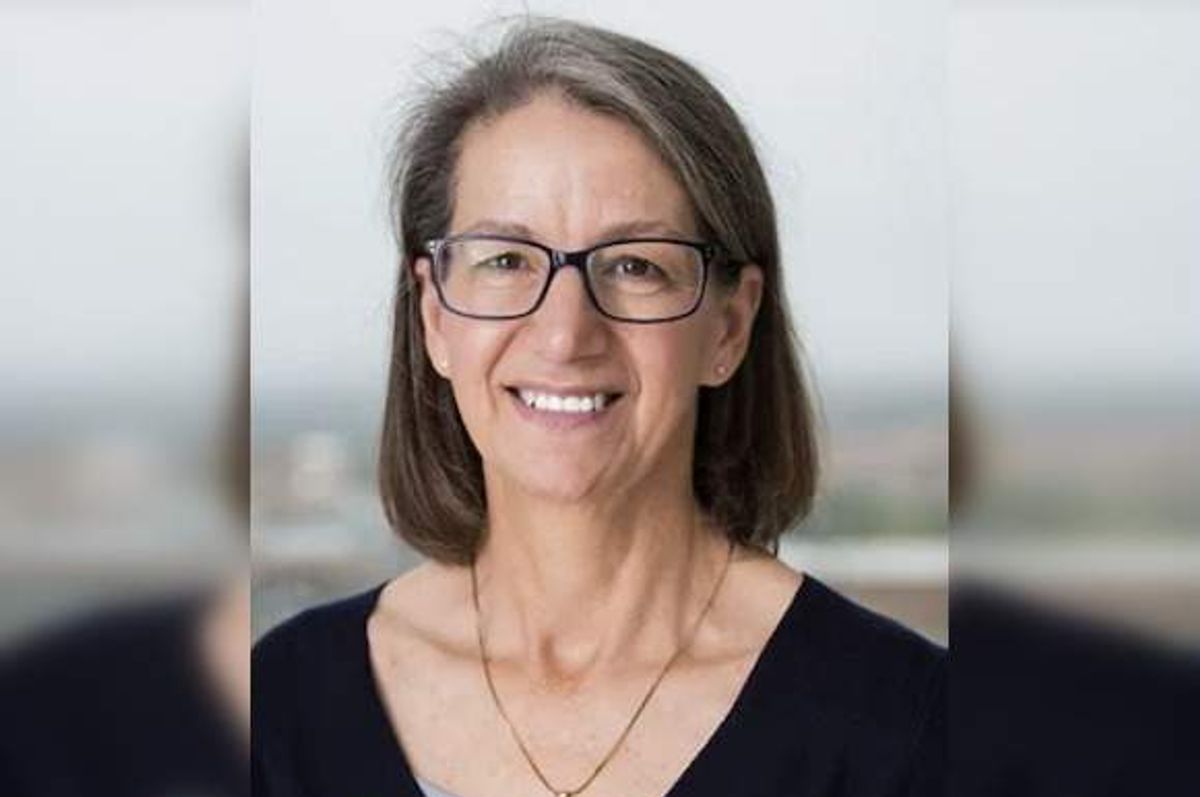Editor's note: Every week, I introduce you to a handful of Houston innovators to know recently making headlines with news of innovative technology, investment activity, and more. This week's batch includes a Houston heart innovator, a cancer researcher, and space tech founder.
Dr. William Cohn, chief medical officer at BiVACOR
 Why this Houston medical device innovator is pumped up for the first total artificial heart
Why this Houston medical device innovator is pumped up for the first total artificial heartDr. William Cohn is the chief medical officer for BiVACOR, a medical device company creating the first total artificial heart. Photo via TMC
It's hard to understate the impact Dr. William Cohn has had on cardiovascular health as a surgeon at the Texas Heart Institute or on health care innovation as the director of the Center for Device Innovation at the Texas Medical Center. However, his role as chief medical officer of BiVACOR might be his most significant contribution to health care yet.
The company's Total Artificial Heart is unlike any cardiovascular device that's existed, Cohn explains on the Houston Innovators Podcast. While most devices are used temporarily for patients awaiting a heart transplant, BiVACOR's TAH has the potential to be a permanent solution for the 200,000 patients who die of heart failure annually. Last year, only around 4,000 patients were able to receive heart transplants.
"Artificial hearts historically have had bladders that ejected and filled 144,000 times a day. They work great for temporary support, but no one is suggesting they are permanent devices," Cohn says on the show. Read more.
Rebecca Richards-Kortum, director of the Rice360 Institute for Global Health Technologies

Rebecca Richards-Kortum, a Rice bioengineering professor and director of the Rice360 Institute for Global Health Technologies, is the lead PI on the project. Photo by Jeff Fitlow/Rice University
The Biden-Harris administration is deploying $150 million as a part of its Cancer Moonshot initiative, and a research team led by Rice University is getting a slice of that pie.
AccessPath is a novel, affordable, slide-free pathology system that helps surgeons determine if they have completely removed tumors during surgery. Rebecca Richards-Kortum, a Rice bioengineering professor and director of the Rice360 Institute for Global Health Technologies, is the lead PI on the project that is receiving up to $18 million over five years from the Advanced Research Projects Agency for Health (ARPA-H).
“Because of its low cost, high speed, and automated analysis, we believe AccessPath can revolutionize real-time surgical guidance, greatly expanding the range of hospitals able to provide accurate intraoperative tumor margin assessment and improving outcomes for all cancer surgery patients,” Richards-Kortum says. Read more.
Michael Suffredini, co-founder of Axiom Space

Axiom Space Co-founder Michael Suffredini is stepping down as CEO. Photo courtesy of Axiom Space
Houston-based space exploration company Axiom Space is searching for a new CEO. Co-founder Mike Suffredini stepped down effective August 9 as CEO. He cites unidentified personal reasons for his transition from CEO to company advisor. Suffredini remains a board member of Axiom Space.
Co-founder Kam Ghaffarian, the company’s executive chairman, is serving as interim CEO until Axiom Space taps Suffredini’s permanent successor. Read more.

 Rebecca Richards-Kortum, a Rice bioengineering professor and director of the Rice360 Institute for Global Health Technologies, is the lead PI on the project. Photo by Jeff Fitlow/Rice University
Rebecca Richards-Kortum, a Rice bioengineering professor and director of the Rice360 Institute for Global Health Technologies, is the lead PI on the project. Photo by Jeff Fitlow/Rice University Apple doubles down on Houston with new production facility, training center Photo courtesy Apple.
Apple doubles down on Houston with new production facility, training center Photo courtesy Apple.